American Terror
Media reports on the case paint Hicks as a lone wolf madman.
Anything but a parking dispute.
On Tuesday, February 10th, three young Muslims were murdered in their apartment in Chapel Hill, North Carolina and, in their deaths, effectively exposed the hypocrisy and ingrained islamophobia of the Western media and American society as a whole.
Yusor Mohammad Abu-Salha, 23, her husband Deah Barakat, 23, and her sister Razan Mohammad Abu-Salha, 19, were killed by a neighbor, 46-year-old Craig Stephen Hicks, in a vicious execution-style murder right in their own apartment. The Abu-Salhas had a history with Hicks; he often complained about visits made by Yusor’s hijabi friends, once coming to her door brandishing a gun. He had also had altercations with Deah Barakat over the use of the condominium’s shared parking lot. Chapel Hill authorities have attributed the triple homicide to a parking dispute, claiming that Hicks was mentally unstable and “obsessed with parking.”
This narrative is wholly irresponsible and serves as just the first of a string of hypocrisies that mark this case. Hicks has a history of deep contempt of religion and combative behavior toward the Abu-Salhas; Yusor told her father about her intimidating encounters with him and he frequently blasted the religious and posted pictures of his pistol on his Facebook page. “Daddy,” Yusor once admitted to her father, “I think he hates us for who we are.”
Chapel Hill authorities tell of a different Craig Hicks; he often brandished pistols at all of his neighbors in the parking lot, “gave everyone a hard time, regardless of race or religion,” and supported gay rights and abortion, according to his wife. His desire to murder has been attributed to mental illness.
What the police and media cannot admit to is that the Chapel Hill shooting is an act of hate-motivated terror, blanketed in shallow justification. Despite Hicks’ left-leaning political views, his hatred toward religion, combative nature toward the Abu-Salhas and their friends, and premeditation indicate that the triple homicide is a hate crime.
However, media reports on the case paint Hicks as a lone wolf madman, a mentally ill aggressor who thought that a parking conflict was justification enough to execute three young people in their own home. This only serves to highlight the ultimate hypocrisy of the case: that when a Muslim kills for any reason, he is a terrorist whose actions bear on the entirety of the Muslim community, but when a white man kills three Muslims, he is disowned by his race and portrayed as mentally ill and isolated from all other instances of islamophobia. When the Kouachis committed their horrendous attack at the offices of Charlie Hebdo, Muslims everywhere were pressured by the West to own up to the act and apologize for their community’s extremism. But no one will tell me, a white man, to apologize for Craig Hicks. No one will attack me in the street and call me a terrorist because I share his race.
Media responses to Hicks do not treat him as a terrorist, but as a common killer. His wife was interviewed and she described him as a fair man with liberal sentiments, but it would have been ridiculous for Chérif Kouachi’s wife to be given an opportunity to justify his actions or validate his character. Pinning Hicks’ actions on mental illness is just as irresponsible, as it perpetuates the stereotype of the mentally ill as short-tempered and ready to snap over something as inconsequential as a parking space.
The murders of Deah, Yusor, and Razan are not the fault of white people or atheists like Hicks and they should not be expected to apologize for them. However, it is on us as a society to break down the narrative of terrorism as an exclusively Muslim problem. The victims of Chapel Hill were targeted for who they were, with the intent of isolating and instilling fear in the Muslim community. And it’s working.
Hicks was indicted by a grand jury on three counts of murder on Monday, but the issues surrounding this case are far from resolved. The memory of Deah Barakat, Yusor Mohammad Abu-Salha, and Razan Mohammad Abu-Salha has been tarnished by the grossly irresponsible media and police response to their deaths. Muslims like them must not feel ostracized and endangered because of their faith and the actions of the extremists who commit atrocities in the name of it. The Chapel Hill victims were not only Muslims, but Americans, just like the thousands of other American Muslims that live in fear in our age of radicalism and islamophobia. It is time to stop disowning them.
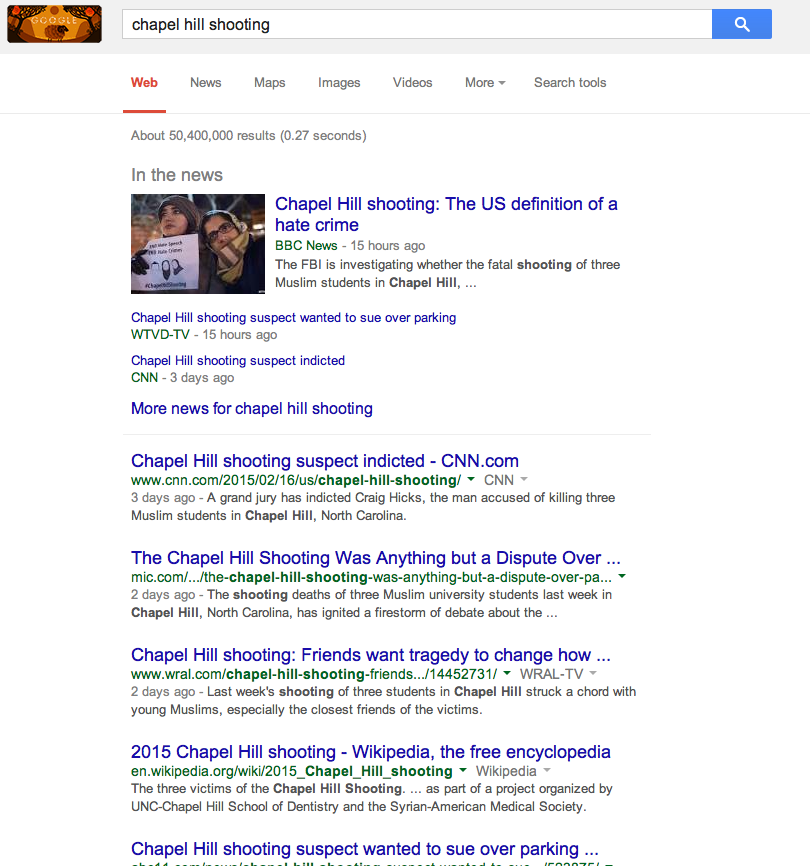
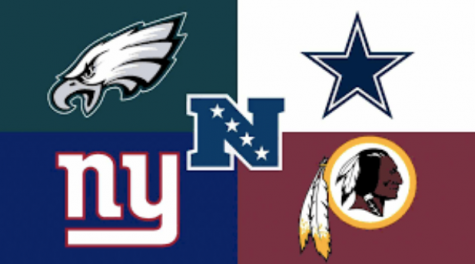

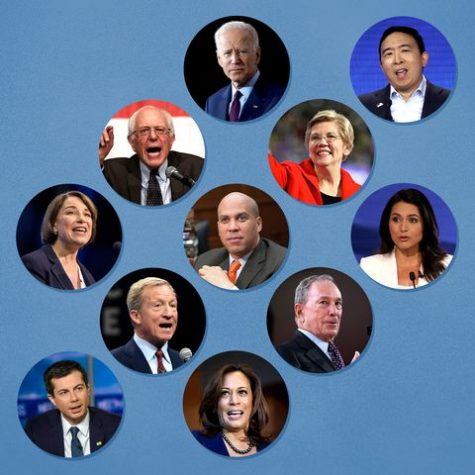
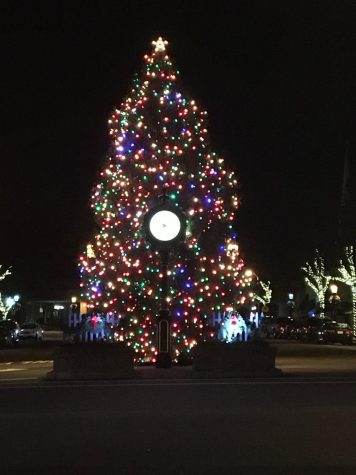
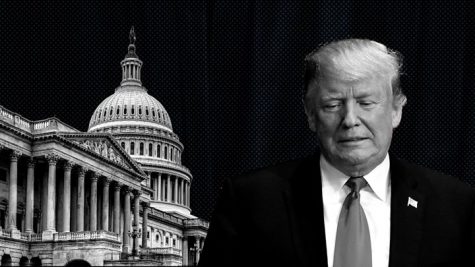
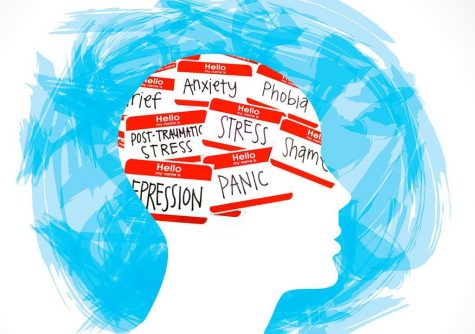




The Overlord • Mar 16, 2015 at 9:33 am
Very perceptive article. Good work.